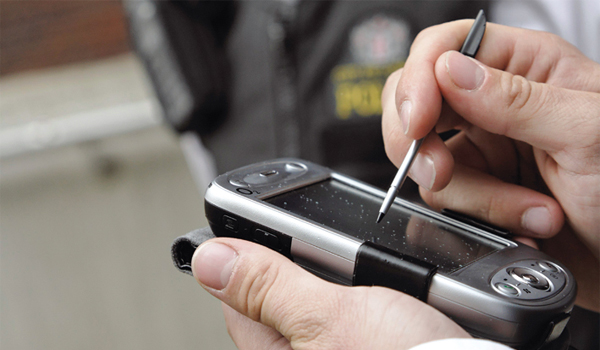Murder by internet devices predicted by 2014
Murder by interconnected devices, infrastructure catastrophes and lucrative profiling of social media users by cybercriminals are among the New Year predictions by the worlds leading security companies.

Murder by interconnected devices, infrastructure catastrophes and lucrative profiling of social media users by cybercriminals are among the New Year predictions by the worlds leading security companies.
Prognosticating the same old same old with more mobile malware, advanced persistent threats (APTs) giving cybercriminals backdoor access to their intended victims and even more data breaches of Fortune 500 companies, as most industry pundits are, is not being bold says IID (Internet Identity) president and CTO Rod Rasmussen. Those threats are well understood and being addressed today. The more interesting thing from our perspective is whats next?
The what next for 2014 that he predicts is a cyber terrorscape; and one of the main problems will come from the internet of things. He points to the pacemaker that can be tuned remotely, the internet-connected car that can have its control systems altered and the IV drip that can be shut off with a click of a mouse.
Killings can be carried out with a significantly lower chance of getting caught, much less convicted, and if human history shows us anything, if you can find a new way to kill, it will be eventually be used.
IID also predicts a rise in cyber warfare, with nation states openly engaging in acts of cyber-espionage and sabotage, and at least one successful penetration of a major infrastructure component like a power grid that results in billions of dollars in damage.
Ronan Kavanagh, CEO of SpamTitan, predicts cybercriminals will continue to get better at profiling social media users and social media will be the platform of choice for phishing attacks in 2013.
With social networking and social commerce continuing to grow so is the level of malware attacks on social networks; these attacks aim to steal payment credentials as well as personal details. The black market value of these credentials is growing as cybercriminals buy and sell this information. Cybercriminals will continue to get better at profiling social media users so that they can monetise this information by gaining access to bank and other accounts.
He added: In 2012 both Twitter and Facebook have been the most successfully used channels to spread phishing attacks; this shift to online phishing is a natural response to the growth in the user communities of the main social networking sites. Attacks via social media can be deployed speedily and cost the cybercriminal little in terms of outlay, hence their attractiveness.


